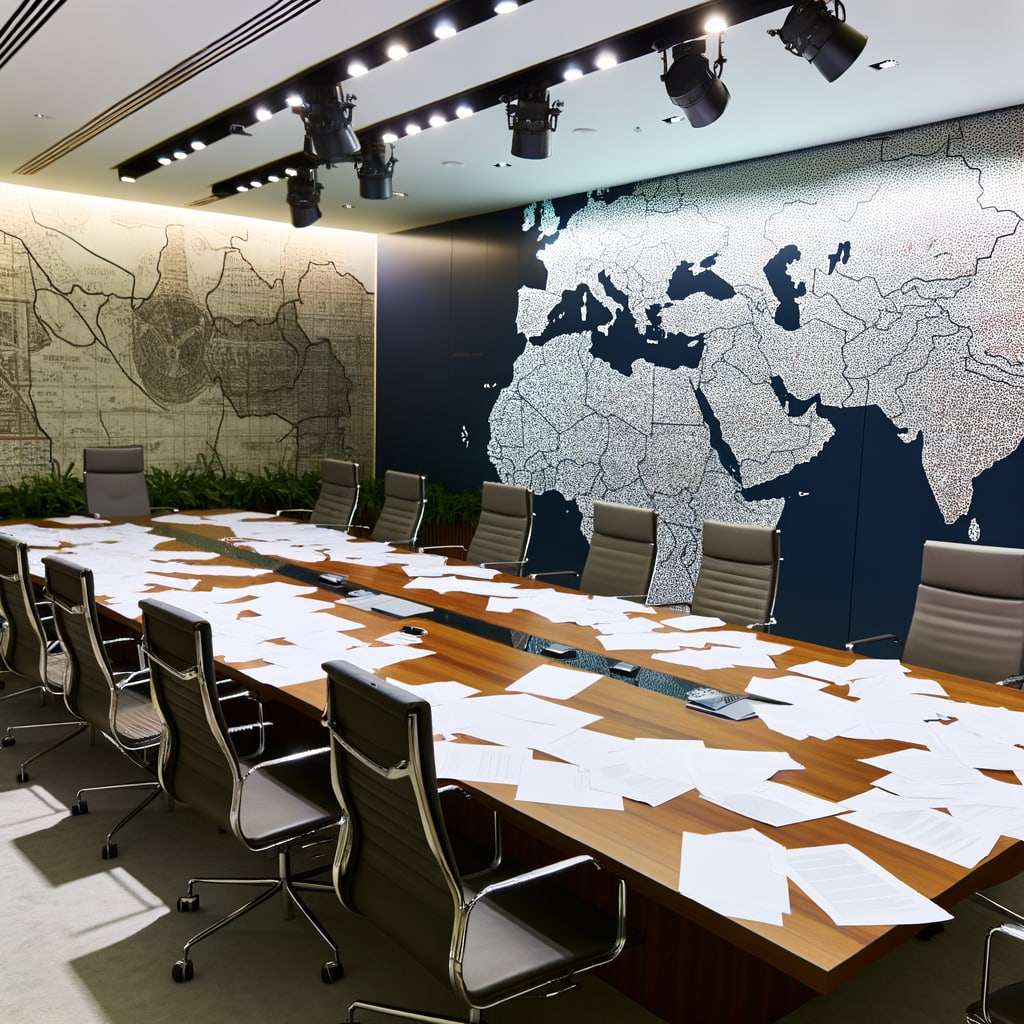Houthi Prime Minister and Several Senior Officials Killed in Israeli Airstrike
Yemen's Houthi rebels confirmed on Saturday that their Prime Minister, Ahmed Ghalib Al-Rahwi, and other senior officials were killed in an Israeli airstrike. The strike targeted a routine government workshop in the capital, Sanaa, on Thursday, where the movement's leaders were assessing their performance, the Houthi-run Yemeni presidency said in a statement. The identities of the other officials who were killed or wounded have not been disclosed.
Context and Details of the Attack
This fatal incident marks a significant escalation in the ongoing conflict involving Israel and the Iran-backed Houthi rebels. The Israeli military stated that it precisely struck
a Houthi target in Yemen, although specifics of the intended targets were not released.
According to reports, the airstrike occurred while the Houthi officials were gathered for a pre-recorded speech by the rebel group's leader. Alongside Prime Minister Al-Rahwi, several ministers were killed, including Deputy Prime Minister Jalal al-Rowaishan, Foreign Minister Jamal Amer, and Minister of Information Hashim Sharaf Al-Din. Other officials sustained injuries of varying severity and are currently receiving medical care.
Response and Implications
The Houthi-run Yemeni presidency condemned the attack as a cowardly act
aimed at undermining Yemen’s role in supporting Gaza. The presidency insisted that the government would continue to function undeterred. We remain steadfast in supporting Gaza,
the statement added.
Israel has been conducting airstrikes against Houthi targets in Yemen for months, in response to missile and drone attacks from the rebels targeting Israeli territory. Most of these attacks have been intercepted by the army. The latest attack, however, signifies a shift from targeting vital infrastructure, such as ports and power stations, to high-ranking officials.
The international response has varied, with Iran's Foreign Ministry denouncing the Israeli strike as a 'terrorist' attack and urging global action.
Current Status
Despite losing their Prime Minister and several senior officials, the Houthi movement has vowed to continue its resistance. The attack, while significant, is unlikely to halt the Houthi group's missile strikes against Israel. It remains unclear whether the Houthi defense minister, a key target of the strike, was among the casualties.
The Israeli Defense Forces maintain that they will continue to target all threats against Israeli civilians. The situation in Yemen remains tense, with the potential for further escalation in the future as both sides show no signs of backing down.

